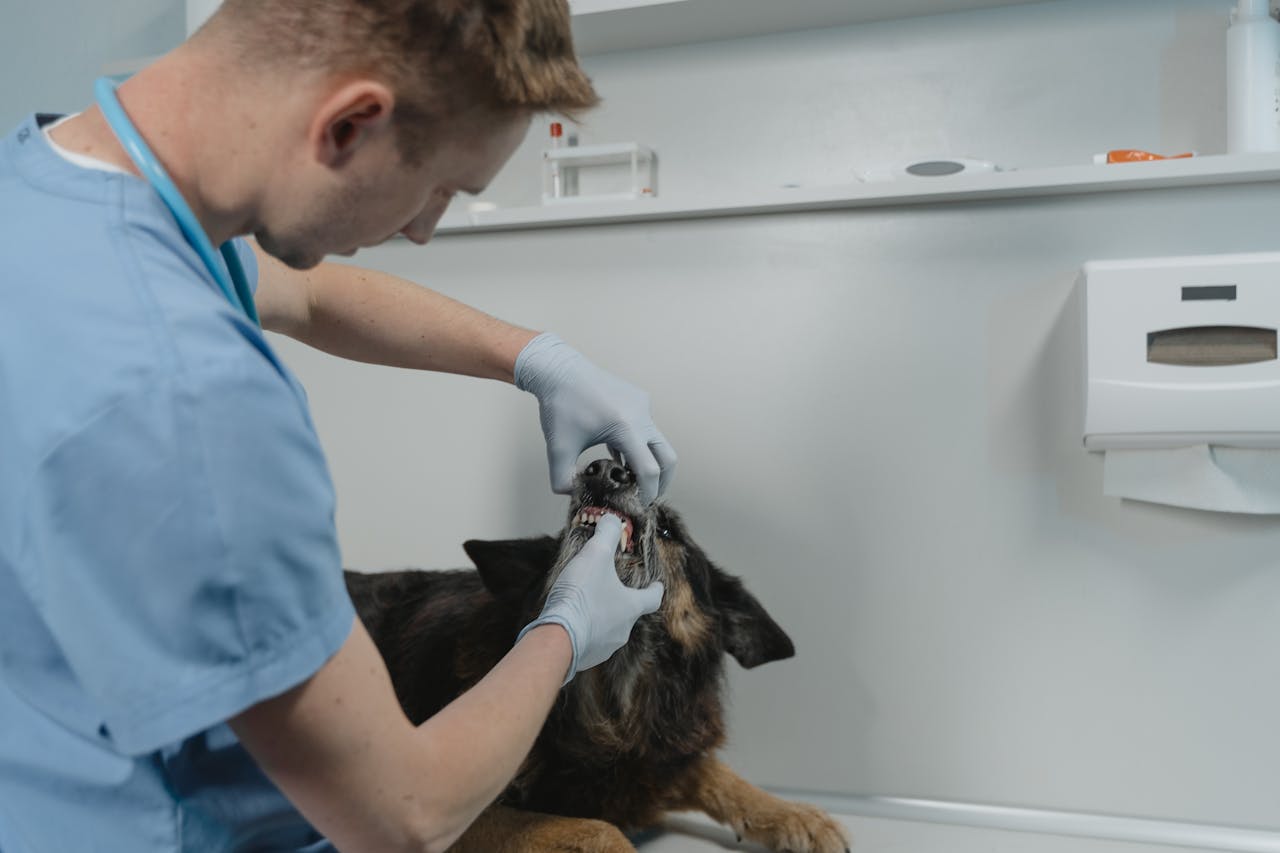Seasonal Pet Care Tips: Keeping Your Pet Safe Year-Round
Caring for pets involves adjusting to the changing seasons, as each season presents unique challenges and considerations. From the cold of winter to the heat of summer, your pet's needs can vary significantly. This guide provides practical tips to ensure your furry friends stay safe and healthy throughout the year.


Winter Pet Care Tips
Keep Them Warm
- Proper Shelter: Ensure outdoor pets have a warm, dry, and insulated shelter. Indoor pets should have cozy, draft-free spaces to rest.
- Warm Clothing: Short-haired or small pets may benefit from sweaters or jackets during walks. Ensure the clothing is comfortable and not restrictive.
Protect Their Paws
- Paw Balm: Apply paw balm to protect against ice, salt, and cold pavements. Regularly check for cracks or irritations.
- Booties: Consider using pet booties to protect paws from harsh winter conditions and prevent salt and ice from causing damage.
Hydration and Nutrition
- Hydration: Ensure pets have access to fresh, unfrozen water. Dehydration can occur even in winter.
- Nutrition: Pets may need extra calories to maintain body heat. Consult your vet to adjust their diet appropriately.
Avoid Toxins
- Antifreeze: Antifreeze is toxic and attractive to pets due to its sweet taste. Clean up any spills immediately and store chemicals securely.
- Ice Melt Products: Use pet-safe ice melt products to avoid poisoning. Wash paws after walks to remove any harmful residues.
Spring Pet Care Tips
Allergy Awareness
- Identify Allergies: Watch for signs of allergies, such as excessive scratching, licking, or sneezing. Common allergens include pollen, grass, and mold.
- Regular Baths: Regular baths can help reduce allergens on your pet's fur. Use a gentle, pet-safe shampoo.
Flea and Tick Prevention
- Preventatives: Start flea and tick preventatives early in the season. Consult your vet for the best options for your pet.
- Check Regularly: After outdoor activities, check your pet for fleas and ticks, focusing on hidden areas like under the collar and between toes.
Garden Safety
- Avoid Toxic Plants: Ensure your garden is free from plants toxic to pets, such as lilies, azaleas, and tulips. Check ASPCA's list of toxic and non-toxic plants for guidance.
- Secure Fencing: Spring is a time for exploration. Ensure your yard is securely fenced to prevent escapes and encounters with wild animals.
Summer Pet Care Tips
Heat Protection
- Avoid Overheating: Avoid walking pets during peak heat hours. Provide plenty of shade and fresh water if they are outside.
- Never Leave in Cars: Never leave pets in parked cars, as temperatures can rise rapidly, causing heatstroke or death.
Water Safety
- Supervise Swimming: Always supervise pets around pools, lakes, or the ocean. Not all pets are natural swimmers.
- Provide Life Vests: For boating or swimming activities, provide life vests for pets, especially those who are not strong swimmers.
Pest Control
- Preventatives: Continue using flea, tick, and heartworm preventatives. Mosquitoes, which can carry heartworm, are more prevalent in summer.
- Check for Parasites: Regularly check pets for signs of fleas, ticks, and other parasites. Promptly address any infestations.
Skin Protection
- Sunscreen: Apply pet-safe sunscreen to exposed areas, especially for pets with light-colored fur or short coats.
- Hydration: Ensure pets stay hydrated. Offer ice cubes as treats and keep water bowls filled with fresh, cool water.
Fall Pet Care Tips
Shedding and Grooming
- Regular Brushing: As pets shed their summer coats, regular brushing helps manage loose fur and reduces matting.
- Bathing: Bathe pets with a gentle shampoo to remove dead hair and skin.
Temperature Changes
- Adjust Shelter: As temperatures drop, adjust your pet’s shelter to provide warmth. Consider moving outdoor pets inside.
- Layering: Short-haired pets may need light clothing for cooler days.
Halloween Safety
- Pet-Safe Treats: Keep Halloween candy away from pets, as chocolate and xylitol are toxic to them. Offer pet-safe treats instead.
- Costumes: If dressing up your pet, ensure costumes are comfortable, non-restrictive, and free of small, chewable parts.
Holiday Preparations
- Stress Reduction: Holidays can be stressful. Provide a quiet space for pets to retreat to when visitors arrive.
- Hazard Awareness: Keep decorations, candles, and holiday foods out of pets’ reach to avoid accidents and ingestion of harmful substances.


Seasonal changes bring diverse challenges and opportunities for pet care. By staying attentive to your pet's needs and adapting your care routines, you can ensure their safety, health, and happiness year-round. Regular vet check-ups, preventive care, and a little extra effort can go a long way in keeping your furry companions thriving in every season.












